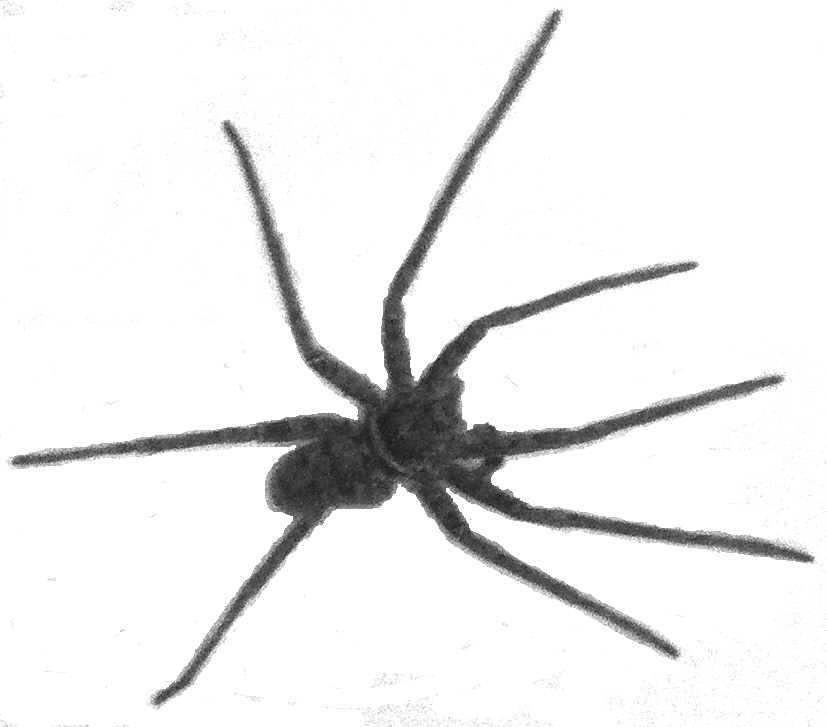Mato do Silva
Basic information
Sample name: Mato do Silva
Sample aka: Chiapetta
Reference: G. Benvenuti-Ferreira and G. C. Coelho. 2009. Floristics and structure of the tree component in a Seasonal Forest remnant, Chiapetta, Rio Grande do Sul State, Brazil. Revista Brasileira de Biociencias 7(4):344-353 [ER 2496]
Geography
Country: Brazil
State: Rio Grande do Sul
Coordinate: 27° 55' 11" S, 53° 52' 40" W
Coordinate basis: stated in text
Geography comments: "The altitude ranges between 400 and 472 m"
Environment
Habitat: tropical/subtropical dry broadleaf forest
Substrate: ground surface
MAT: 19.0
MAP: 1800.0
Habitat comments: "The climate is L PU perhumid subtropical... The forest remnant comprehends 230 ha of primary-like forest and near 70 ha of areas in secondary succession and marshes... It is considered here primary-like forest as a forest without known perturbations in the last thirty years, according to local informants. Previously, the area was disturbed due to timber harvest"
MAT and MAP are for Chiapetta and are from Coelho et al. (2011)
MAT and MAP are for Chiapetta and are from Coelho et al. (2011)
Methods
Life forms: trees
Sites: 127
Site area: 0.966
Sampling methods: no design
Sample size: 483 individuals
Size min: 5
Basal area: 26.72
Sampling comments: "The phytosociological investigation was carried out through the point quarter method (Cottam & Curtis 1956). The 127 sample units were marked 20 m apart in two parallel lines"
"The density of trees with DBH ≥ 5.0 cm was 524.7 ha-1" so the effective site area is 502/524.7 = 0.9657 ha
"The density of trees with DBH ≥ 5.0 cm was 524.7 ha-1" so the effective site area is 502/524.7 = 0.9657 ha
Metadata
Sample number: 2779
Contributor: John Alroy
Enterer: John Alroy
Created: 2017-11-06 13:26:48
Modified: 2017-11-09 04:40:24
Abundance distribution
63 species
10 singletons
total count 483
geometric series index: 95.2
Fisher's α: 19.343
geometric series k: 0.9404
Hurlbert's PIE: 0.9641
Shannon's H: 3.6789
Good's u: 0.9794
Each square represents a species. Square sizes are proportional to counts.
• Find matching samples
Register


